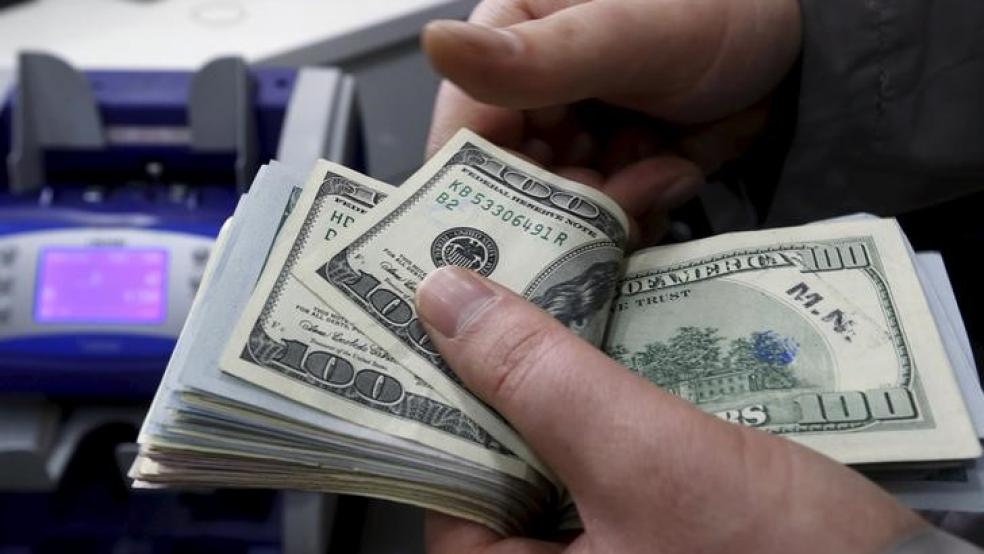Experts said the victories likely do not spell the end of the law, but they predicted some narrow changes with bipartisan support could become law.
Here are some of the Dodd-Frank changes bank lobbyists, congressional aides, and political observers say could have legs next year:REGIONAL BANKSRegional banks want to change the method U.S. regulators use to determine which are considered big enough that their failure could threaten markets. Federal Reserve Governor Daniel Tarullo has said the threshold could be raised so that fewer banks fall under this definition, which brings tougher regulations.BANKRUPTCY CODERegulators are accustomed to unwinding small banks but grappled during the crisis with numerous Wall Street banks on the verge of toppling. Dodd-Frank sought to solve this by creating a program in which banks would go through bankruptcy if possible. If not, regulators would step in and restructure them.Republicans think this process too closely resembles a bailout, and bank lobbyists are seeking a change to the bankruptcy code to make it more likely failed institutions would be resolved that way. VOLCKER RULEThe financial industry has been heartened by calls from regulators to exempt more small banks from a proprietary trading ban known as the Volcker rule.Big and small banks also are pushing for certain securities to be carved out of the rule, which also bars banks from some investments. CONSUMER BUREAURepublicans want to rein in the Consumer Financial Protection Bureau, which was created by Dodd-Frank to watch out for financial scams.There could be some concessions, such as assigning the bureau its own inspector general rather than having it share a watchdog with the Fed.But Democrats are likely to fight bigger changes, such as replacing the bureau's director with a bipartisan board or giving Congress control over its funding.MORTGAGE FEESBank lobbyists also said Congress might tweak some mortgage rules created under Dodd-Frank. One potential change would be to adjust what fees count toward a consumer bureau rule known as the "ability to repay" requirement.COMMODITIES BILLSSeveral commodity-related Dodd-Frank changes have already passed the House with bipartisan support. One could give Wall Street more certainty by requiring U.S. regulators to better coordinate on a joint rule for cross-border swaps. (Reporting by Emily Stephenson and Sarah N. Lynch; editing by Andrew Hay)Wall St. hopes for targeted Dodd-Frank rollbacks next year

© Murad Sezer / Reuters



